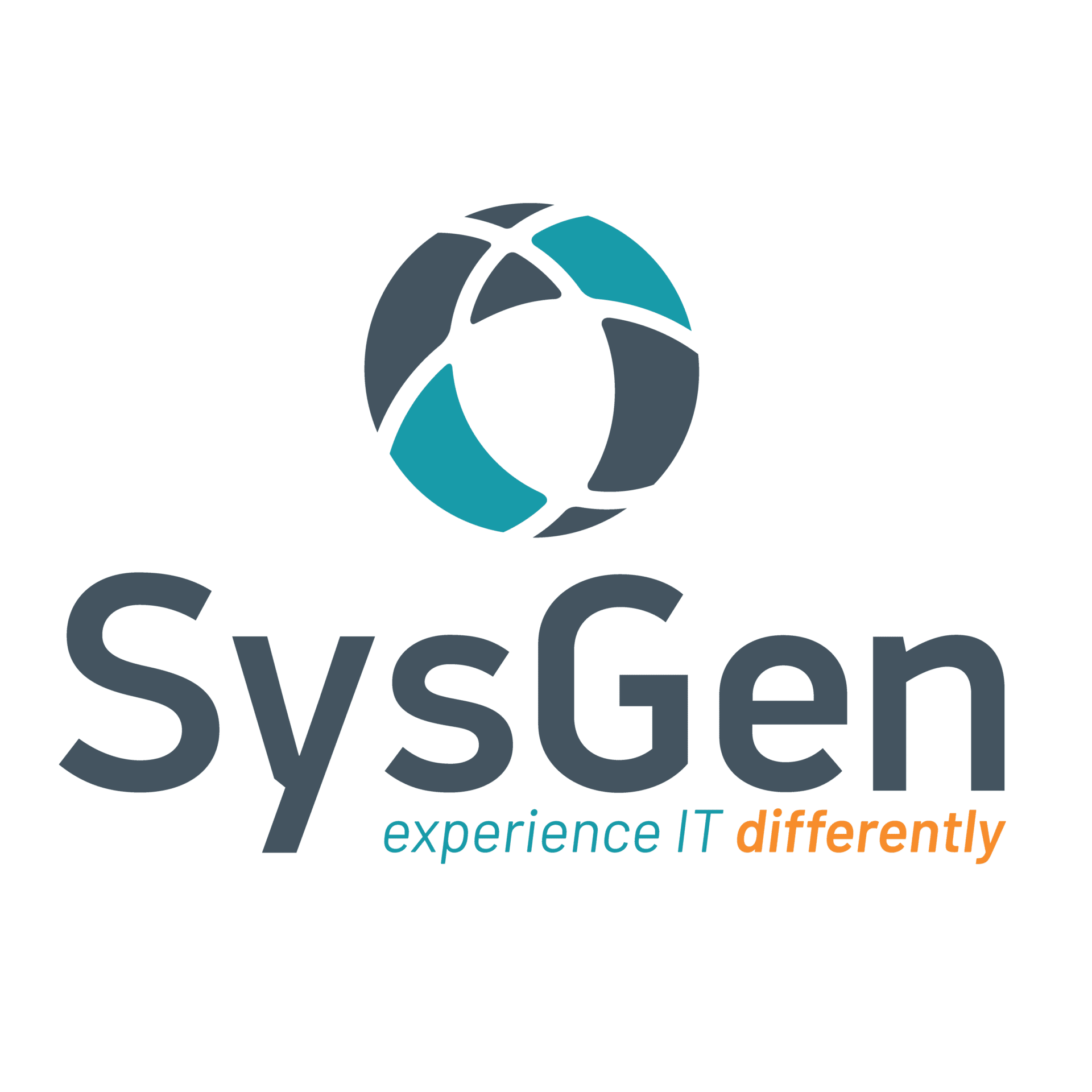Recently, we discussed the pros and cons of cloud vs in house servers to help you determine the best setup for managing your critical network resources. Now, let’s take a closer look at some other important devices and services that facilitate the optimal use of your computer network. Specifically, we’ll address three current trends in network devices and services.
Internet Service Providers
By definition, a computer network simply allows computers to exchange data. In these terms, the Internet is essentially the world’s best-known computer network. So, one of the most important network services to both homes and businesses is your Internet Service Provider (ISP). Society is using the Internet more often and for more things – everything from downloading apps to listening to music to bookkeeping. All of these activities take bandwidth, which can be measured by the amount of data transferred over a period of time or by the speed of downloads and uploads. ISPs can impose a bandwidth cap when a channel becomes overloaded. In the future, ISPs will likely start monitoring your bandwidth and charging for overages. For businesses, this could end up being a significant cost. Off-site network backups in particular take up a lot of bandwidth. When you’re looking at your backup solution, ask your IT provider how much bandwidth you can expect to use each month – it could be something you’ll need to start working into your budget. Ensure you have a business plan, not a home plan, from your ISP. A lot of small businesses still use a home plan, which does not take business needs into account. Also, business plans usually offer a certain amount of guaranteed uptime for your Internet connection. Some companies even choose to buy two Internet plans from two different ISPs, if Internet uptime is essential to business operations. This decision could be part of your overall business continuity planning.
Wi-Fi
Wi-Fi is the ISO (International Organization for Standardization) name for wireless technology that allows an electronic device to exchange data or connect to the Internet using radio waves. You should ensure your computer hardware is compatible with both the current and emerging wireless frequencies. It’s best to check with your IT provider before purchasing, and they can also perform a site assessment of your business location to determine the best wireless setup and the hardware to complement it.
Switches and Firewalls
Not only are we using the Internet for more and more things, but the data files we’re transferring across networks are getting bigger and bigger. Because switches are used to connect devices together on a computer network, and the data passed between devices is growing, newer switches are able to process higher volumes of data. Consider investing in business-grade switches that can handle the day-to-day operations of your business. Switches that can only handle low volumes of data will slow everything down, including your print jobs. It’s also a good idea to have a backup switch for each port. Also, because ports are doors into your network, you want to have a good firewall – something to keep unwanted traffic out. Cisco offers excellent business-grade solutions that can perform automatic and proactive updates and virus scans, while home and small business solutions usually require manual updates.
Your unique business and day-to-day operations will determine the right network services and devices for you. SysGen can help keep you informed of the latest trends, and recommend the best solutions to meet your needs.
SysGen Solutions Group
Find SysGen’s IT support and managed IT services in Calgary, Edmonton, Red Deer, Vernon, and Kelowna. Learn more about SysGen’s cloud offering, cybersecurity services, and digital advisory team by clicking here.
Contact Us To Find Out More



